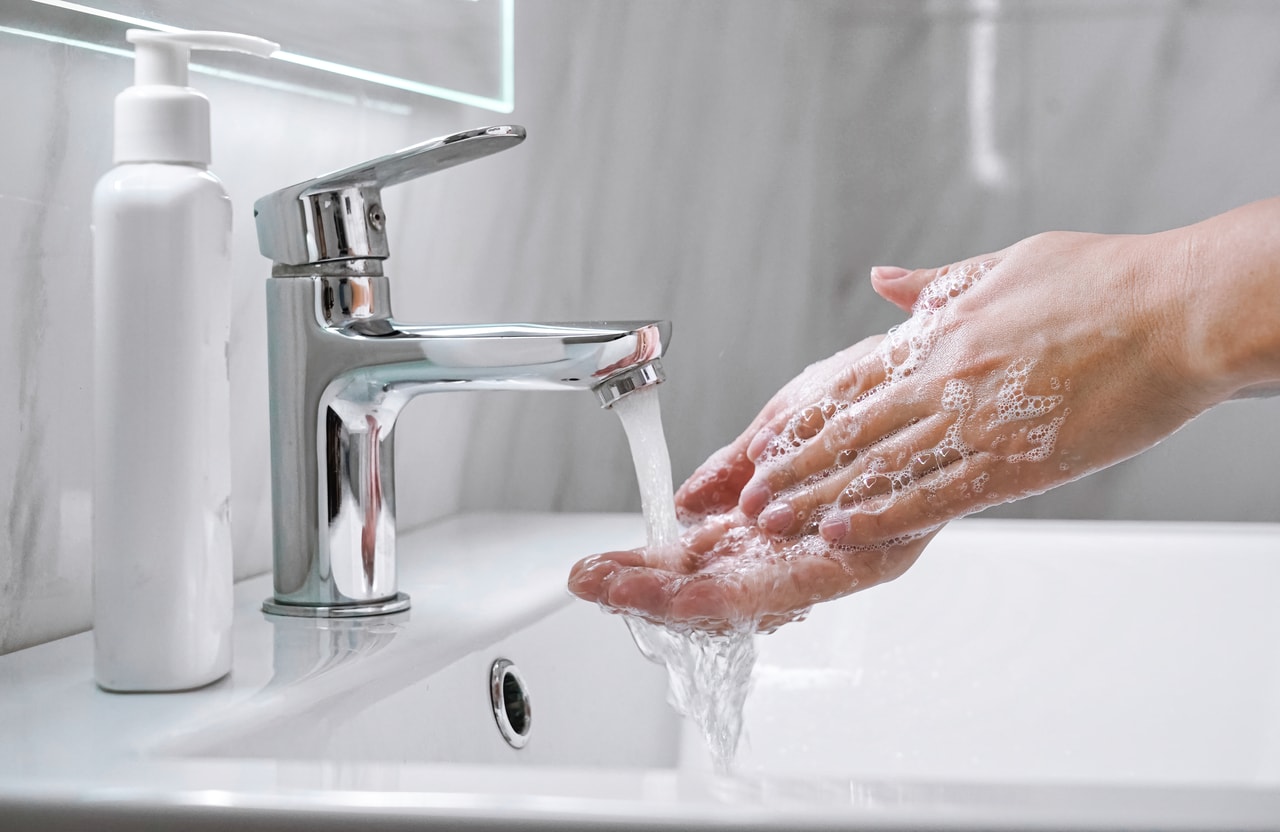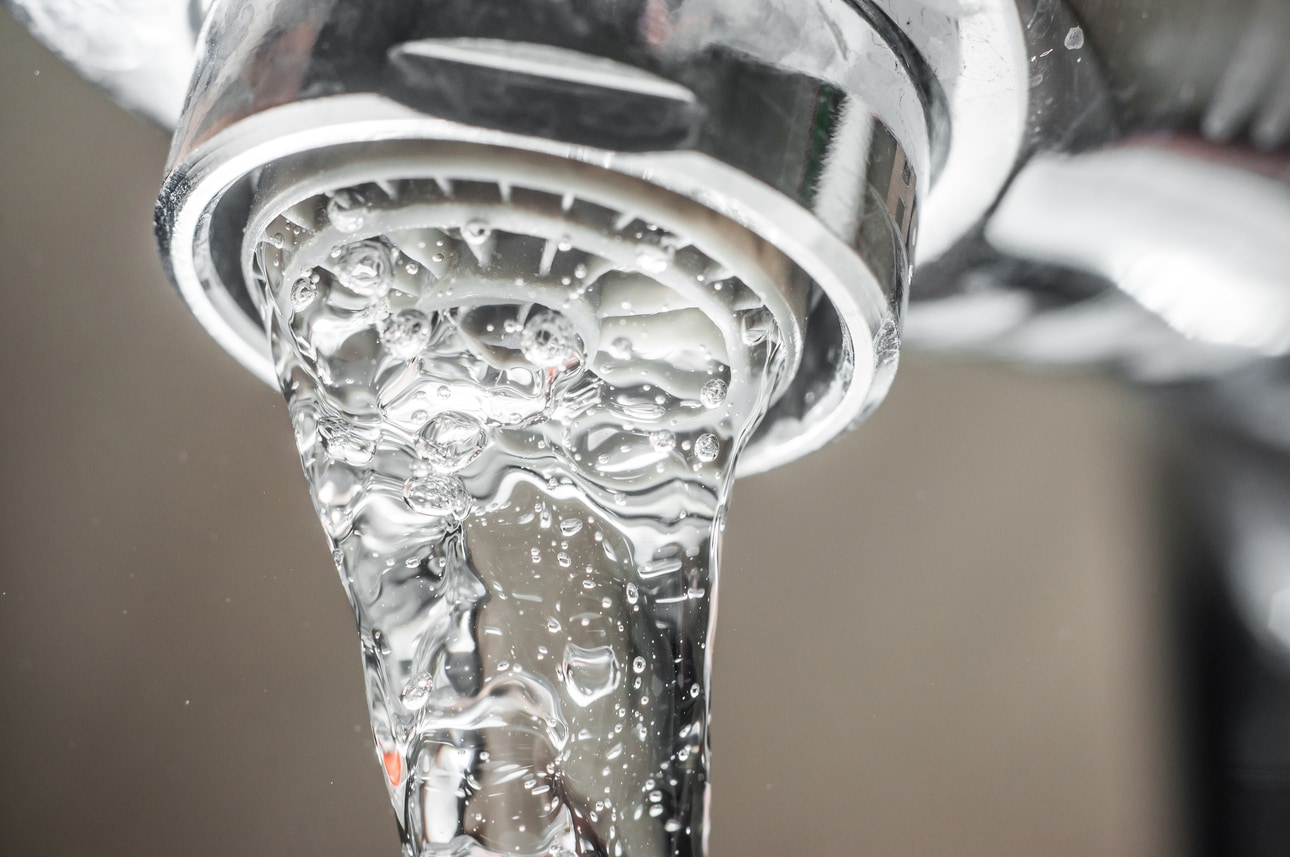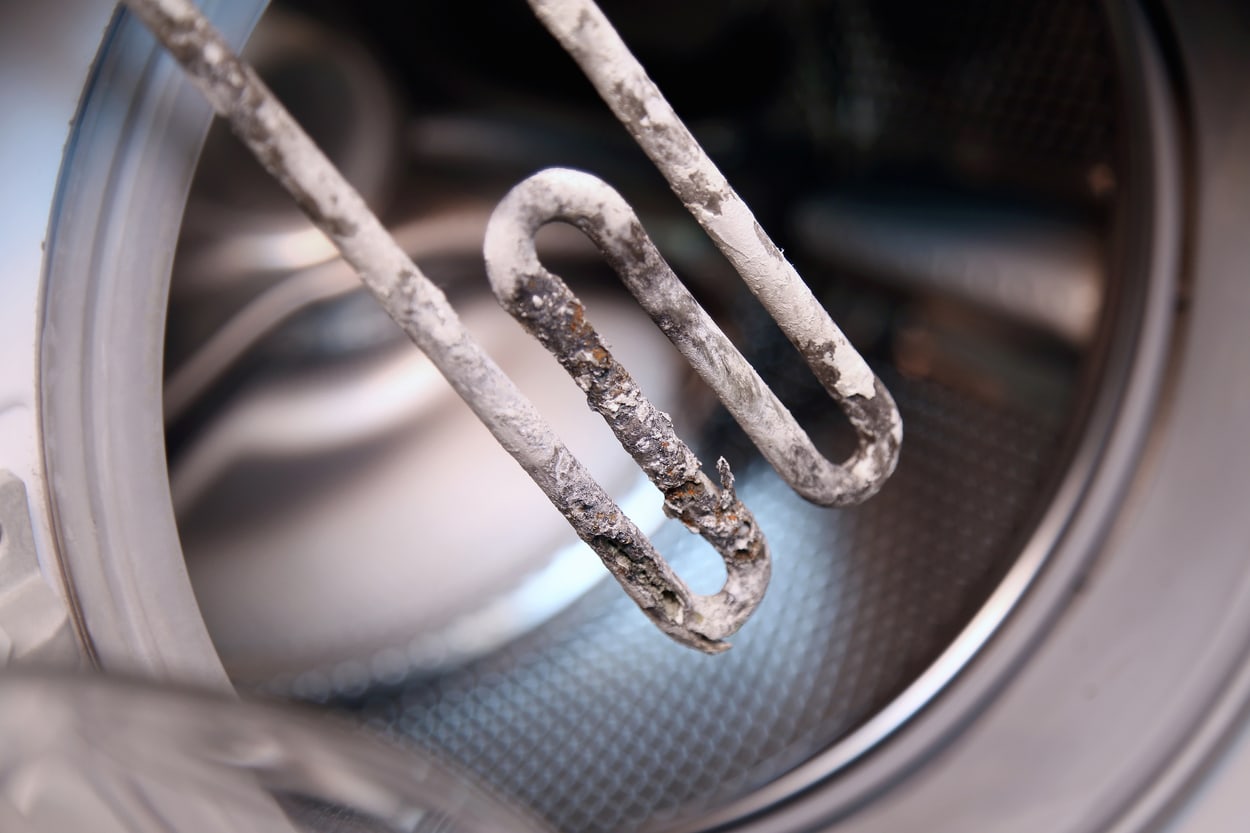Water Wars: Soft Water vs Hard Water – Which is Better For You?
Most people have heard water referred to as hard or soft, but few actually understand the difference between the two. Yet, no matter how you use it, all the water in your home falls into one of those two categories. Do you know how to tell the difference and what it means for you?
Whether water is hard or soft can have different implications that affect its use and popular misconceptions have warped the realities surrounding both. If you’re not adequately informed, you could be making false assumptions and unnecessary changes to your water system.
To help dispel the misconceptions, let’s take a look at the differences between both hard and soft water to settle the water wars once and for all.
What Makes Water Hard or Soft?
When we describe water hardness, we’re talking about its mineral content. Specifically, the term refers to its calcium and magnesium content, measured in parts per million. To be considered soft, water must have less than seventeen parts per million; anything higher is considered hard water, technically.
The easiest way to determine the hardness of your water is to feel your hands after washing them with soap. Hard water will leave a film due to its high calcium concentration. Other ways you can tell include spots appearing on your dishes after washing them and weak water pressure from your faucets and sinks.
Is Hard Water Bad for Me?
One of the most persistent myths about hard water is that it can cause health problems if you drink it. In reality, hard water is not naturally harmful to drink. Hard water can even help make up for magnesium and calcium deficiencies in your diet, however this is not the recommended way to get these nutrients.
That said, hard water can irritate your skin when you’re cleaning yourself. Usually, this has to do with its mineral content reacting to soap and creating a filmy soap scum. This does double duty on your skin, drying it out and interfering with your pH balance.
Is Hard Water Bad for My Home?
The increased calcium and magnesium can leave spots on glassware and laundry, creating stains. If your water has very high concentrations, it can damage any fabrics you wash. Hard water can also reduce the effectiveness of soaps and detergents.
Though modern pipes are more resistant to buildup, hard water can and will leave mineral deposits in your pipes and taps, clogging them over time. Likewise, hard water can shorten the lifespan of your appliances and require additional washing to get your dishes and glassware clean.
Is Soft Water Better for Me?
Whether or not soft water is better for you depends on what you’re using it for. When it comes to cleaning, soft water is demonstrably better. It won’t build up soap scum or create deposit stains because of its lower levels of minerals.
Soft water contains marginally higher sodium levels than hard water, (about ¼ teaspoon per two liters, or 1/16 of your daily recommended sodium intake) and does not contribute to a considerably higher sodium intake over hard water. In fact, there is 5 times more salt in a glass of milk than there is in a glass of softened water.
If your home has older pipes, soft water can pose a unique problem. Though it won’t clog pipes, it can pick up lead from untreated systems. Modern plumbing systems won’t have this issue. Always check with your water services specialist ahead of time to make sure that soft water is a safe option for your home.
Can I Switch to Soft Water?
If you decide to give soft water a try, you’ll need professional help. A water softening system uses sodium tablets to create a resin that replaces the calcium and magnesium in your water with sodium. If high sodium is a concern for you, different models use alternate methods.
Water softeners are not like traditional filters in that they do not remove contaminants from your water. Moreover, they need regular maintenance to ensure they continue to function correctly. They also need regular cleaning to prevent bacteria and fungi from developing and contaminating your water.
Choosing the Best Water Softening System for Your Home
The type of water softener that you need depends on what you intend to use it for, as most are used for areas where you use water the most like bathrooms, kitchens, and laundry rooms.
On Time Home Services located in Bakersfield, CA can help you decide what water softener fits your home needs at a reasonable price. We’re here to answer any questions you have about your water, plumbing, filtration, and more!
With 25 years of experience, you can enjoy peace of mind year-round knowing we’re here to keep you and your family comfortable and keep your water pure. Our expert staff are trained on the latest innovations in the plumbing and HVAC industry, so from maintenance to emergencies, we’re here to work hard in finding you the best solutions.
Contact us today if you’re in need of a Bakersfield water services expert you can trust. Our technicians have the knowledge, equipment, and resources to get the job done right, and on time.




